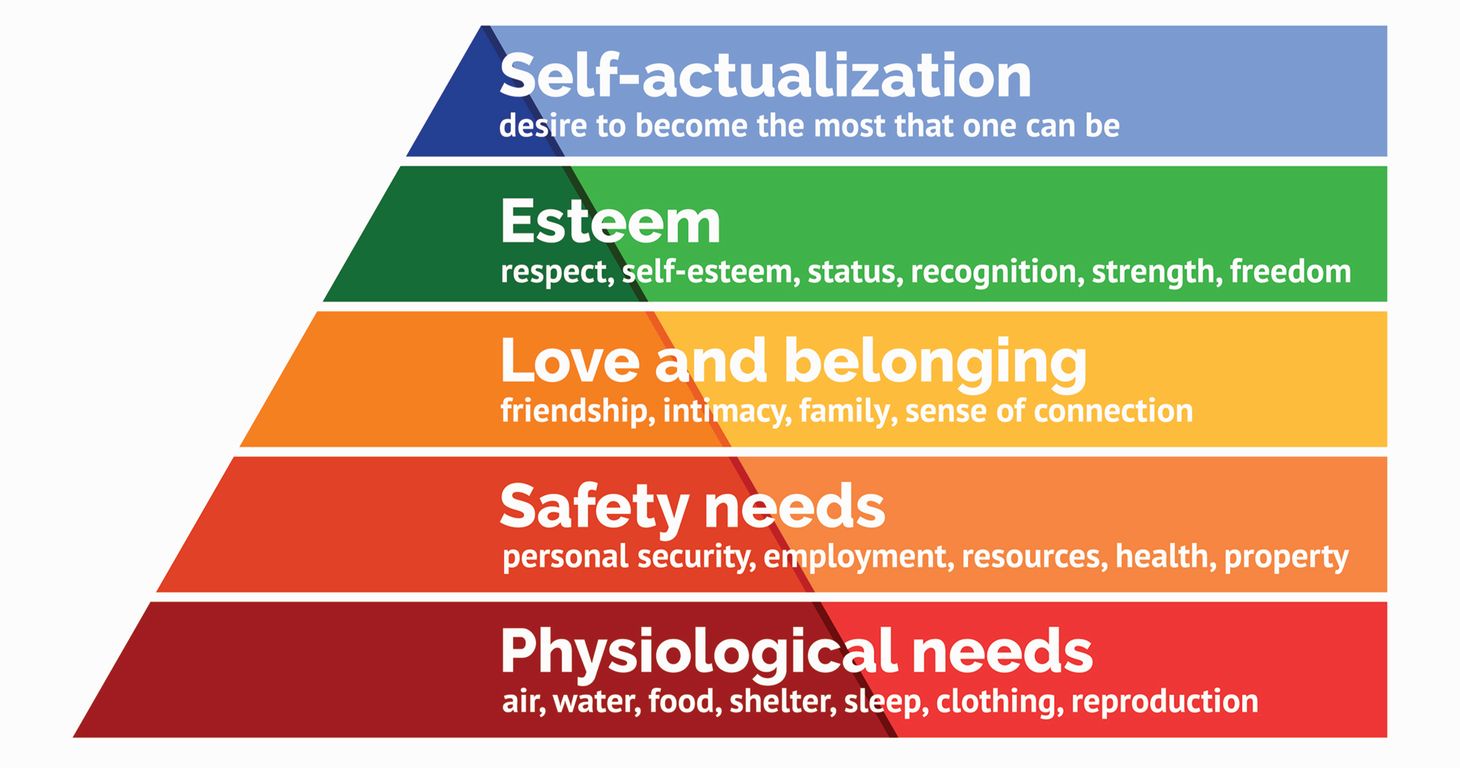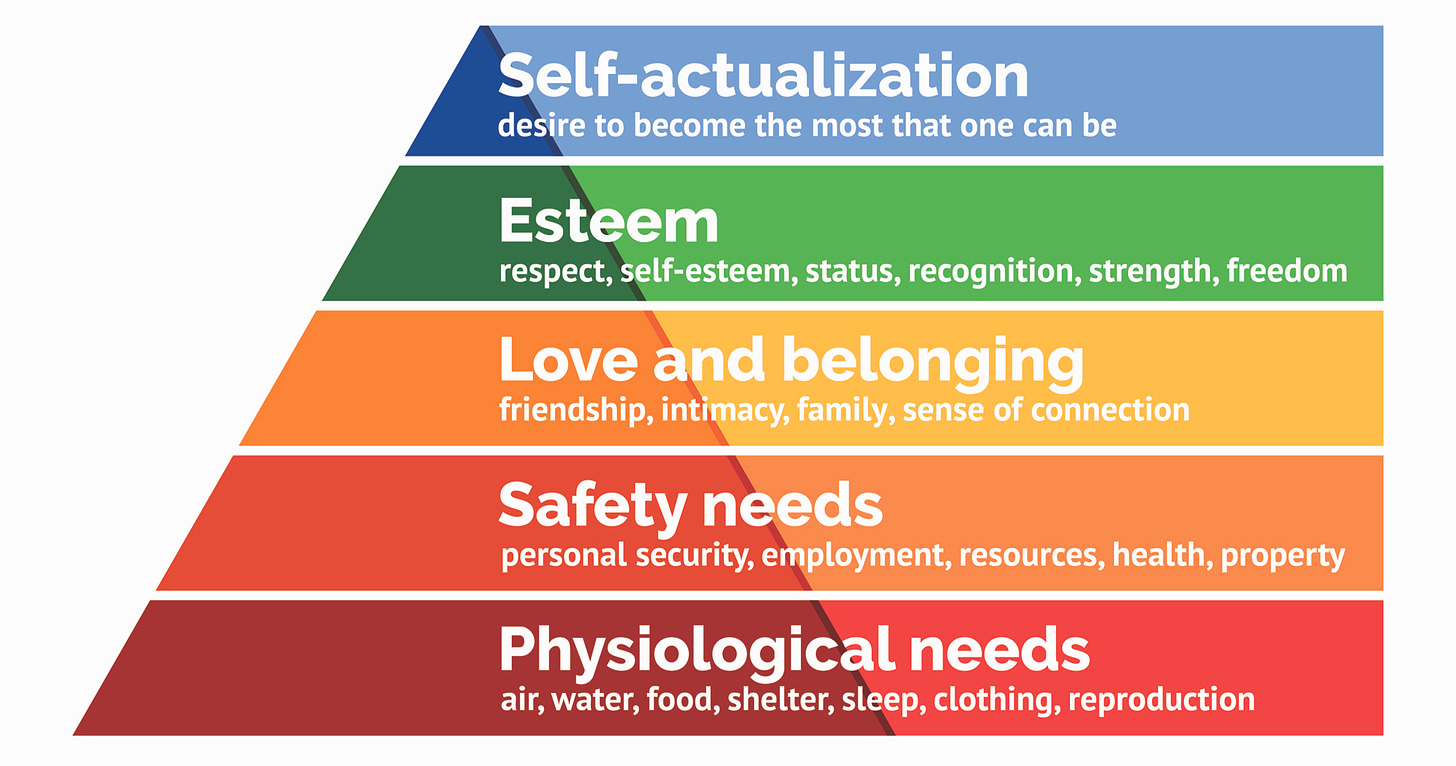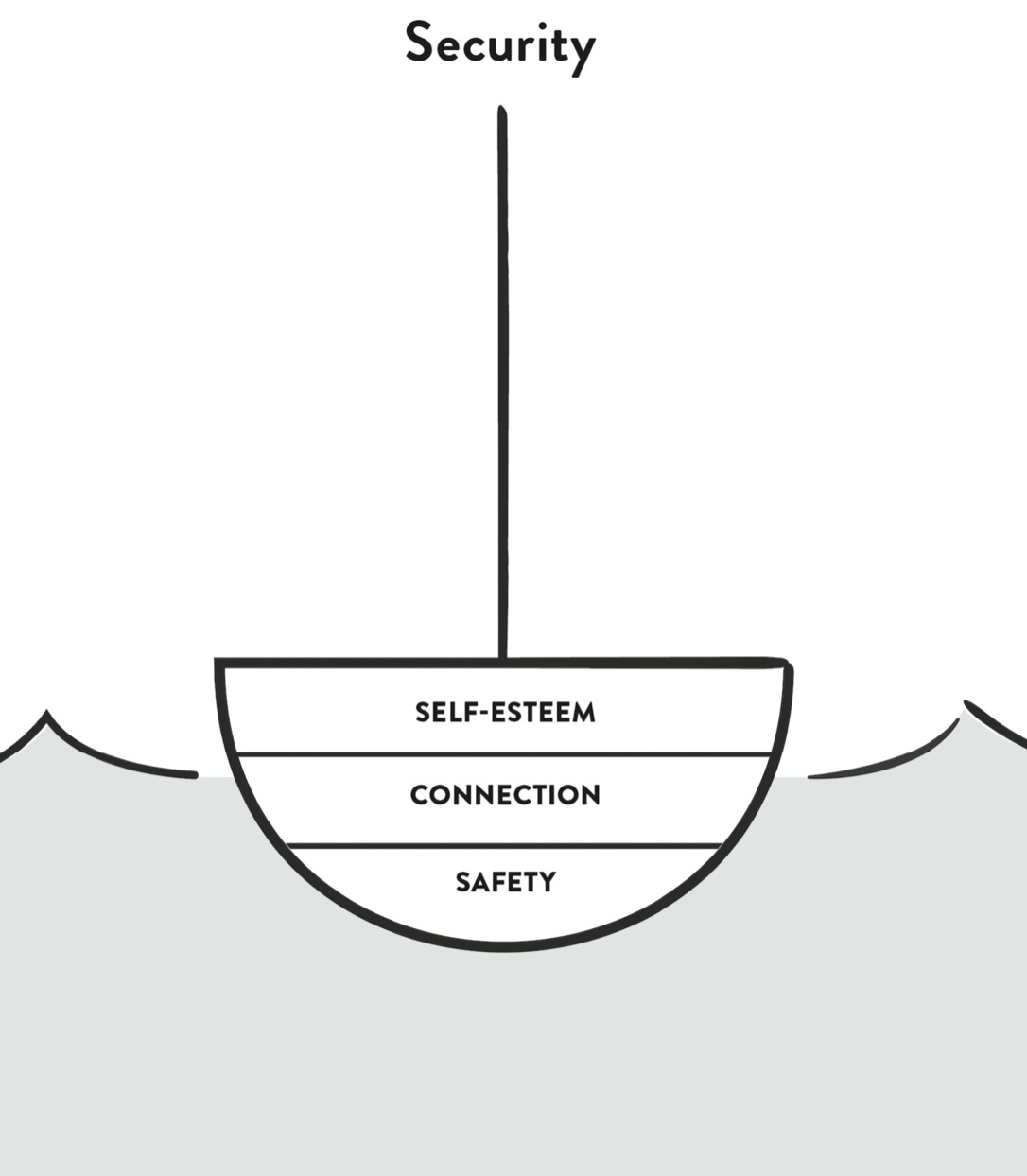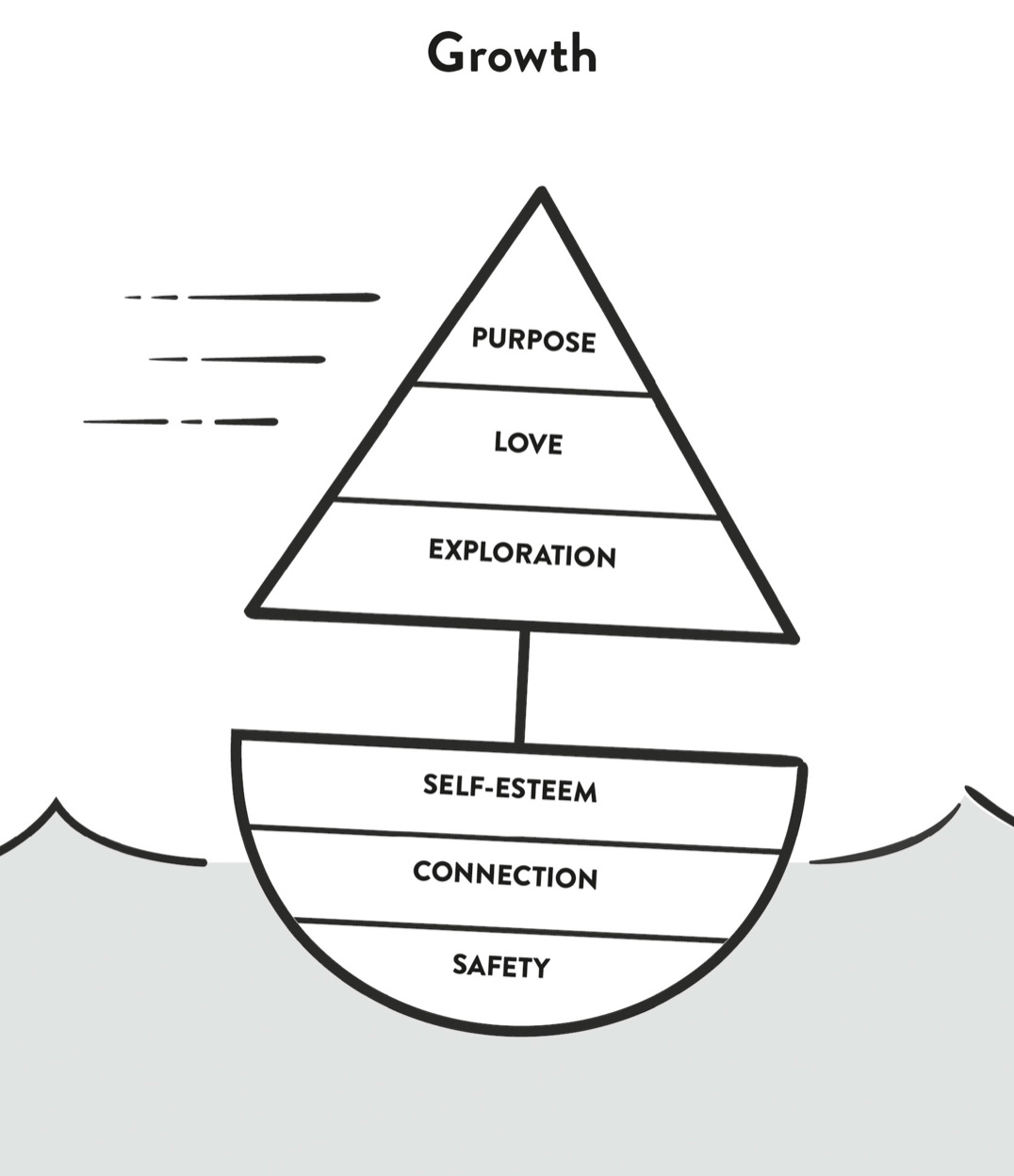A new metaphor for Maslow’s hierarchy of needs
Kaufman’s sailboat breathes new life into Maslow’s hierarchy of needs and his book provides a science-backed blueprint for applying it in your own life.

Scott Barry Kaufman’s book, Transcend: The New Science of Self-Actualization, is a bold revitalization of Maslow’s misconstrued hierarchy of needs.

Kaufman draws on personal journal entries to contextualize Maslow’s work with who he was as a person — his worries, motivations, and undying optimism for humanity.
After having a debilitating heart-attack, Maslow spent the last years of his life anxious that he wouldn’t have time to finish perhaps his greatest contribution to the world. The theory of transcendence, or going beyond reaching for your individual potential and being motivated primarily by a calling outside one’s self, was never completed.
Kaufman picks up where Maslow left off, unraveling the mysteries of his unfinished theory, and integrating these ideas with the latest research on attachment, connection, creativity, love, purpose and other building blocks of a life well-lived.
The book is structured around an elegant metaphor that Kaufman introduces to more precisely represent Maslow’s intention for the hierarchy of needs.
—
Hierarchy of needs as a pyramid
If you’ve ever taken a Psychology 101 course, you’ve likely seen a version of Maslow’s hierarchy of needs as a pyramid.

The idea is that the lower needs in the hierarchy must be satisfied before you can attend to the higher up needs. For example, this would mean that you can only get to the “love and belonging” stage if your “safety” needs are taken care of.
You might be surprised to learn that Maslow never represented his hierarchy of needs as a pyramid. “Maslow’s pyramid” was actually created by a management consultant in the 1960s and became popular in the field of organizational psychology.
The pyramid from the sixties told a story that Maslow never meant to tell; a story of achievement, of mastering level by level until you’ve “won” the game of life. But that is most definitely not the spirit of self-actualization.
The metaphor of a pyramid puts the focus on the ordering of the stages, whereas Maslow conceived of the hierarchy in a completely different way. He grouped the needs into two classes of needs: deficiency and growth.
- Deficiency needs are motivated by a lack of satisfaction (e.g. lack of food, safety, affection, belonging, self-esteem) and driven by fears, anxiety, and demands.
- Growth needs span the spirit of exploration, selfless love, and finding purpose.
With this categorization in mind, Kaufman introduces a new metaphor:
The human condition isn’t a competition; it’s an experience. Life isn’t a trek up a summit but a journey to travel through—a vast blue ocean, full of new opportunities for meaning and discovery but also danger and uncertainty. In this choppy surf, a clunky pyramid is of little use. Instead [. . .] we’ll need a sailboat.
Hierarchy of needs as a sailboat
Let’s unpack the metaphorical components of the sailboat. The deficiency needs make up the frame of the boat, protecting us from the unpredictability of the seas (or life). Without this foundation, we’d be spending energy just trying to stay above water.

Just having a secure boat is not enough for going anywhere, though. You also need a sail to capture wind (opportunity) to explore and adapt to your environment.
You don’t “climb” a sailboat like you’d climb a mountain or a pyramid. Instead, you open your sail, just like you’d drop your defenses once you felt secure enough. This is an ongoing dynamic: you can be open and spontaneous one minute but can feel threatened enough to prepare for the storm by closing yourself [. . .] the next minute.

In other words, the sailboat tells a different story about reaching your potential — it’s not about a linear journey; there will be serious setbacks as well as periods of immense growth. This seems like a much healthier approach for navigating life and striving to be a more complete person.
Too many people get caught up in insecurity throughout their lives, and stay there, missing out on the immense beauty in the world that is still left to explore and the possibilities for their own self-actualization. We miss the ocean for the waves.
The metaphor used to frame complex ideas has a powerful effect on how people internalize it. Kaufman’s sailboat breathes new life into Maslow’s hierarchy of needs and his book provides a science-backed blueprint for applying it in your own life.
I highly recommend that you check out the book.
Friday Brainstorm Newsletter
For more, join 300+ curious people subscribed to the Friday Brainstorm newsletter. It’s one email a month with the most interesting ideas I've found related to science and health.